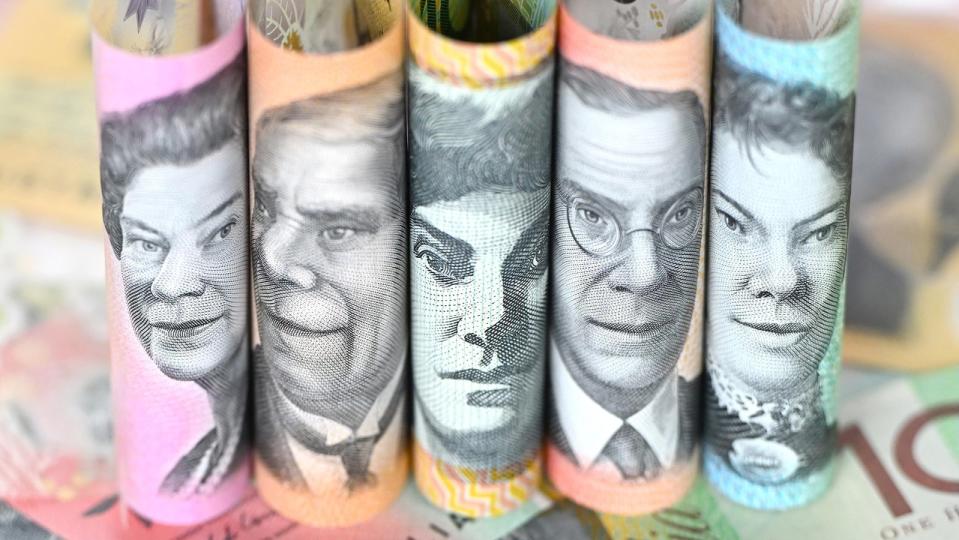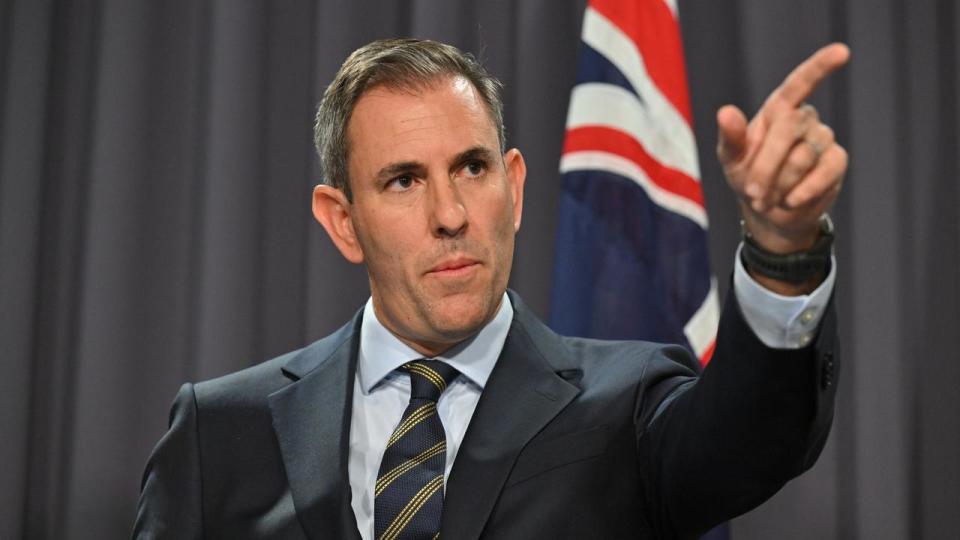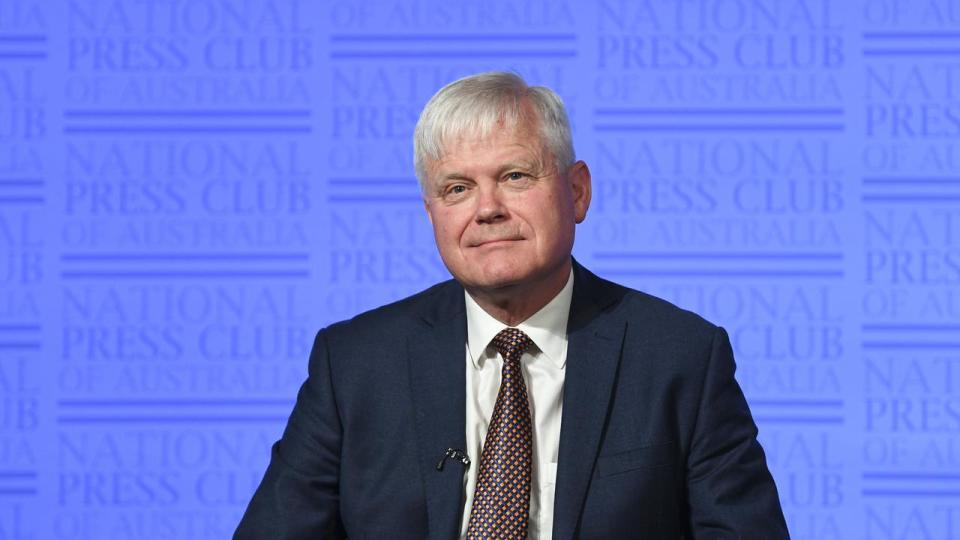'Under the pump': expenses help for battling families
Australians doing it tough can expect extra cost-of-living support in the federal budget.
The well-flagged tax cut relief under the reworked stage three package will be the primary source of cost-of-living help but Treasurer Jim Chalmers says there will be other sweet spots as well.
"We know that people are under the pump," he told reporters on Monday, acknowledging the toll of still-high consumer prices and elevated mortgage repayments.

"That's why a central focus of this budget in eight days time will be cost-of-living help for people primarily through the tax system, but not only through the tax system, and also making sure that we're doing what we can to put downward pressure on inflation."
Students are in line for more financial support, with $3 billion of student debt to be wiped and paid placements for those doing nursing and other relevant degrees.
Following stronger-than-expected March quarter inflation, economists have been warning too much budget spending could keep pressure on consumer prices and delay interest rate cuts.
Dr Chalmers says cost of-living relief can be designed in a way that takes pressure off inflation, like its energy bill relief last year.
Yet subsidised energy bills free up extra money in household budgets to spend elsewhere, pushing up the price of other goods and services, leading economist and budget expert Chris Richardson said.
The government should try to avoid "poking the inflationary bear" by proceeding cautiously with extra spending, he said.

Dr Chalmers defended his government's record on managing inflation in the budget, arguing its earlier cost-of-living measures had brought prices down and recommending caution when focusing solely on "the quantity or the magnitude of spending in the budget".
"The quality of spending, the timing and sequencing of that spending matters, as well as the quantity of that spending," he said when asked if the budget would be contractionary in the upcoming financial year - that is, taking more money out of the economy than is spent.
Shadow treasurer Angus Taylor said he had no doubt the government would keep spending.
"This is why we're hearing economists from many quarters coming out and saying they've got to stop the spend-a-thon ... that will take pressure off this homegrown inflation," he told Sky News.
Higher tax revenues over the past few years because of high commodity prices and a strong economy, are likely to come down over the next five-year forecasting period.

Tax revenue is expected to be $25 billion higher over that time period than when Treasury last updated its forecasts in December.
Labor will bank about 95 per cent of the additional revenue, it says.
Mr Richardson is forecasting a larger $41 billion revenue upgrade.
The economist says Treasury has an incentive to be conservative "to give the treasurer of the day a series of happy 'surprises' on the budget front".
Yet he agreed revenue surprises were shrinking in size.
"This trend is not our friend", he said.


